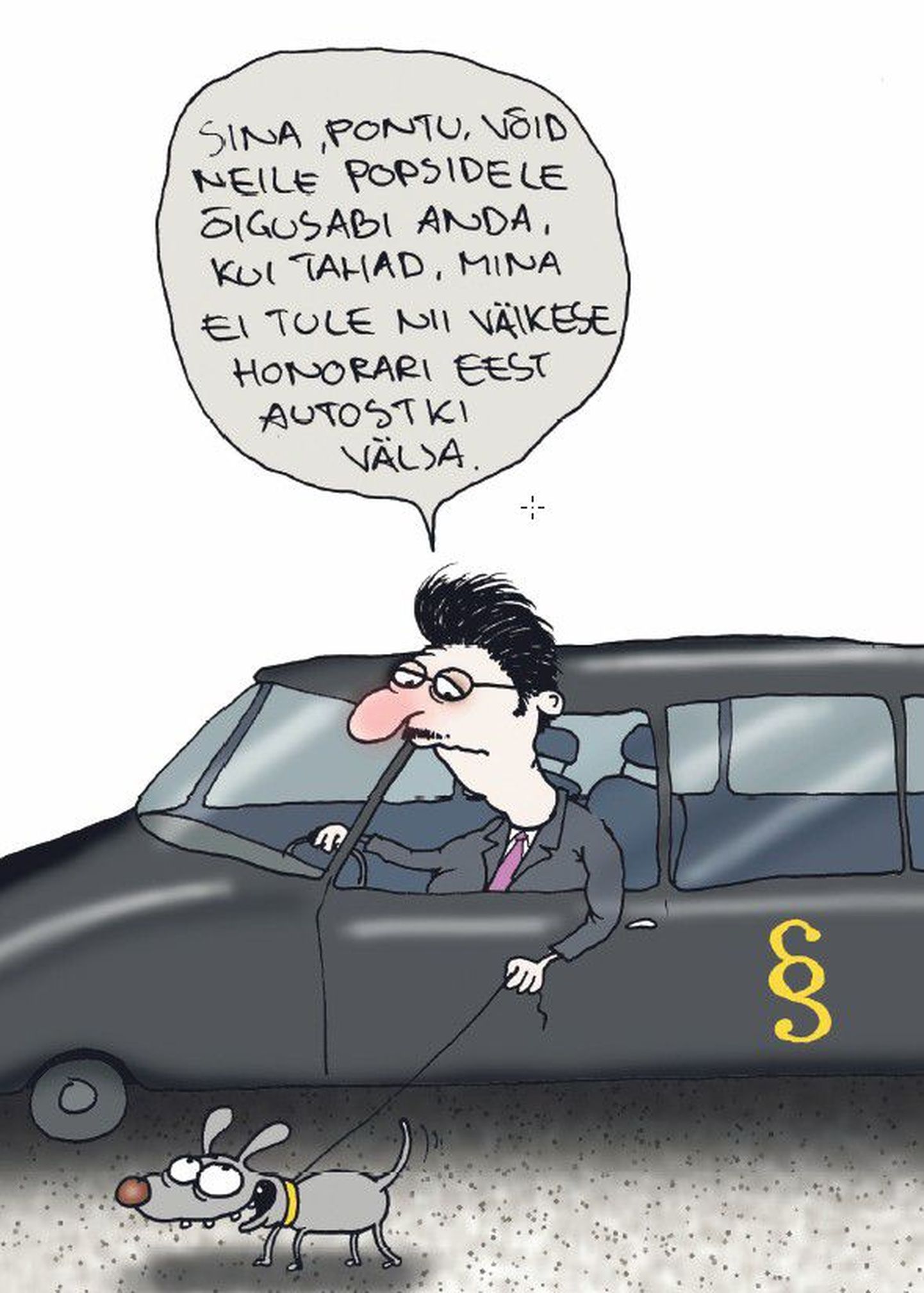
By its directive yesterday, justice ministry fired a resounding opening shot in its battle with Bar Association. The issue: how much must taxpayer pay to BA for it to provide legal assistance to people who can’t afford a lawyer?

By its directive yesterday, justice ministry fired a resounding opening shot in its battle with Bar Association. The issue: how much must taxpayer pay to BA for it to provide legal assistance to people who can’t afford a lawyer?
The dispute, however, looks deeper than just a budget line. Can the state force BA members to provide state legal aid at sub-market prices? Is BA a trade association like any other, or does it have to do special duties according to the special status given it by law?
Up to now, BA has taken the approach of state legal aid cases handed to lawyers who are willing to do it for hourly fee offered. And if the volunteer ranks prove too thin, the BA will ask for extra money. In his directive, yesterday, the minister of justice says no more money will be provided and BA will have to take a different approach to state legal aid, by principle.
To the lawyer guild, the state has appointed a special status and thus they have options to sell their services at higher prices than other jurists are able to ask. For exchange, all guild members ought to carry an equal public law load: to provide legal aid at state-appointed prices to those who can’t afford a lawyer at market price.
In a way, this is a world-view issue on (balance between) free market rules and state compulsion. The peculiarity being that, by nature, BA is a relict of the guild era in free market economy. There are substantial arguments to why lawyers, in this time of removing market restrictions, have remained among the few with their profession especially protected, deciding among themselves how many new colleagues they will accept.
This, in turn, means that the lawyers’ market is not free in the sense a cosmeticians’ market is, for instance. Do the lawyers who stand for their special rights protect the free market? Is the justice minister, imposing obligations on the BA, thus an opponent to free market? Clearly, it is not as one-dimensional as that. Probably, there’ll be court disputes and legal cases. Another thing is exceeding the budget. BA predicts that this year’s last two months costs can be covered from 2015 budget. They go on to tell us that if the state will not give them more money, public legal aid will be an impossibility starting next summer.
This smells like the extortion tactics earlier encountered in various public fields: with no extra taxpayer money given by state, the world will come to an end. Allowing this, budgets would lose their meaning and decisions on taxpayer money would be turned upside down. First, there must be the reasons, the agreements and a Riigikogu decision, only then the spending.